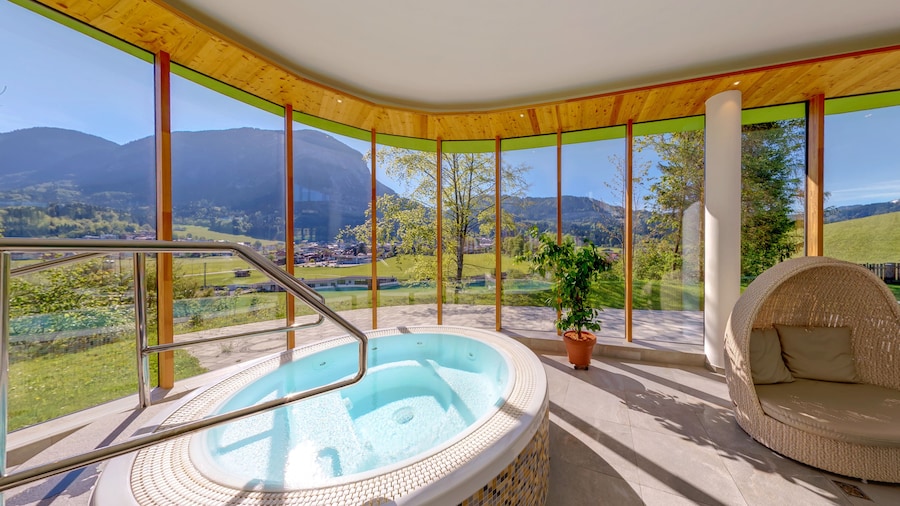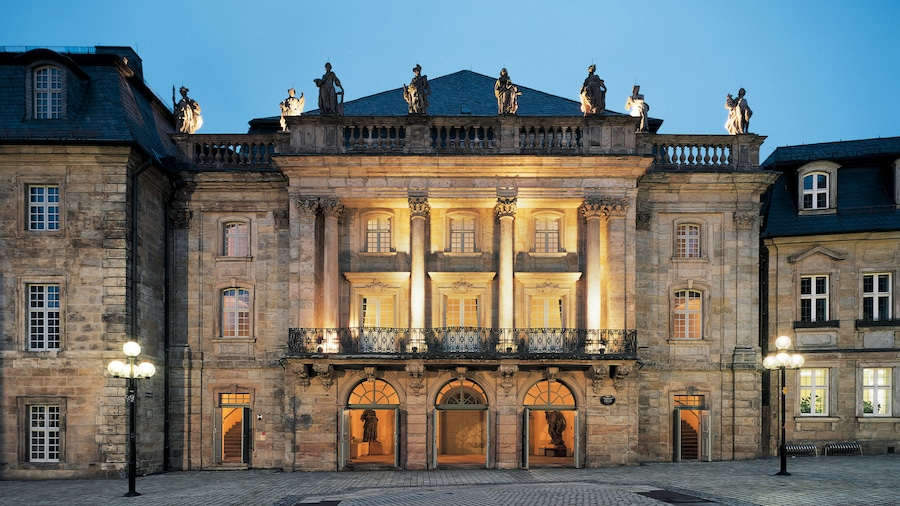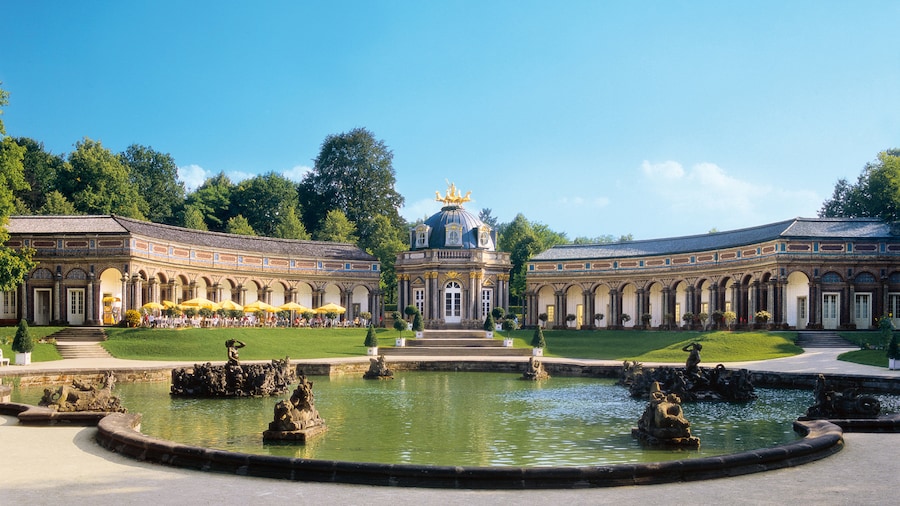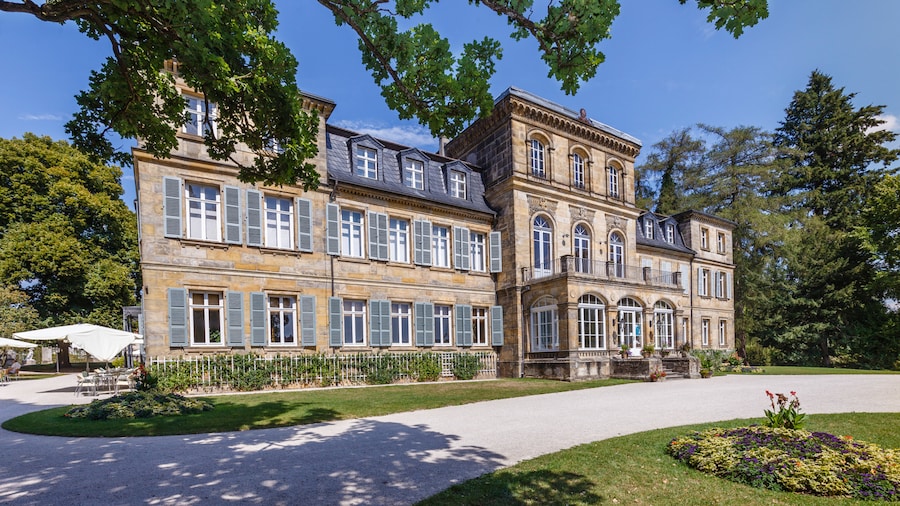Princess Wilhemine presided over the construction of this palatial residence, full of some of Europe’s most cutting-edge 18th-century trends.
The Bayreuth New Palace, though more than 250 years old, is a celebration of the novelties of the 18th century and the artistic production of Bayreuth and its region. The near destruction of the Old Palace in the 1750s came almost as a godsend to Princess Wilhemine, who immediately threw herself into the construction of this new palace. It today holds a faience museum and painting gallery and offers tours of the spectacular former residential rooms. Visit the Bayreuth New Palace to immerse yourself in the “Bayreuth rococo” style and the world of Wilhemine.
Wander up from the Bayreuth Old Town, whose ancient character is enhanced by the baroque exterior of the palace. Begin in the faience collection, which holds examples of local earthenware from the late 1780s, the brilliant colors unfaded by the passage of time.
In the adjacent Gallery Rooms browse a selection of 18th-century paintings from the Bavarian State Galleries, with examples of art that might have at one point hung on the walls.
Continue on to the tour, which winds through a selection of some of the palace’s most famous rooms, including the Cabinet of Fragmented Mirrors and Old Music Room designed by the Wilhemine. Spot her, depicted as a female Chinese sage, on the wall of the Cabinet of Fragmented Mirrors. Admire the delicate woodwork in the Palm Room. End in the small adjacent Italian Palace, designed for Frederick’s second wife, with its airier, more relaxed atmosphere.
The New Palace is located on the southeastern side of Bayreuth’s Old Town, a 12-minute walk from the main train station. A bus stop a few steps away offers connections throughout the city. Drive or take the train from Nuremberg in just over an hour. The palace has no dedicated parking, but there are metered garages in the Old Town.
Buy a ticket for a tour of the Italian Palace, which take place every half hour. Tours are in German with a written English guide available. The gardens are freely accessible.
Visit the palace daily during regular business hours, with slightly shorter hours during the winter.
















